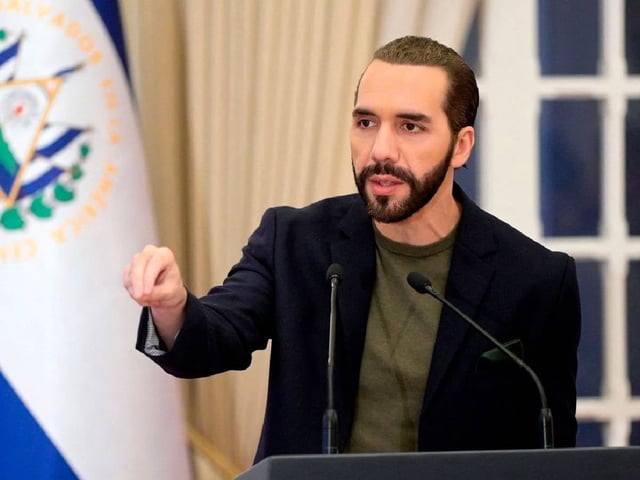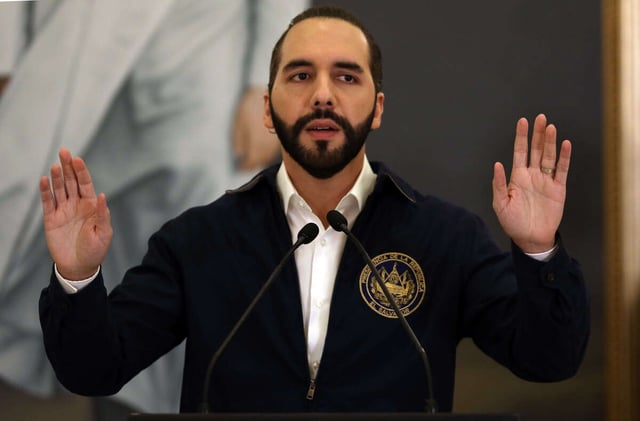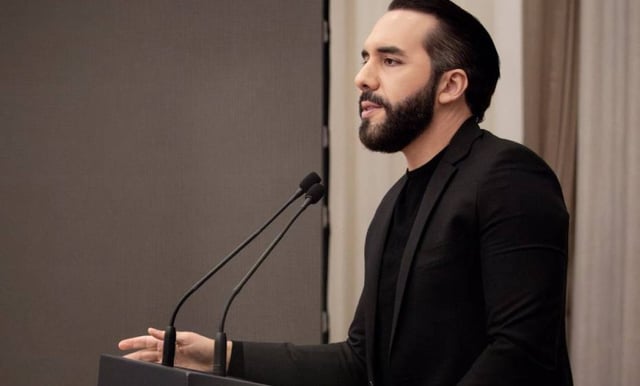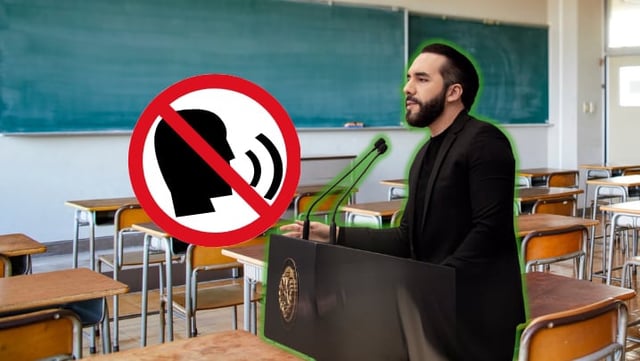Overview
- The Education Ministry issued a nationwide directive on October 2 under Minister Karla Trigueros after President Nayib Bukele announced the ban.
- The rule applies in all public educational centers and ministry dependencies, including government-produced materials, textbooks, and formal communications.
- The directive defines inclusive language as neutral markers such as 'e' and 'x'—examples include amigue, compañere, niñe, alumn@, jóvenxs, nosotrxs—and it disallows phrases like 'todos y todas'.
- School directors at roughly 5,100 public institutions are instructed to enforce compliance with the prohibition.
- The step extends recent school policy changes that removed gender-perspective content in 2024 and added stricter discipline and courtesy rules in 2025, which some teachers' groups have criticized as a 'militarization' of schools.



